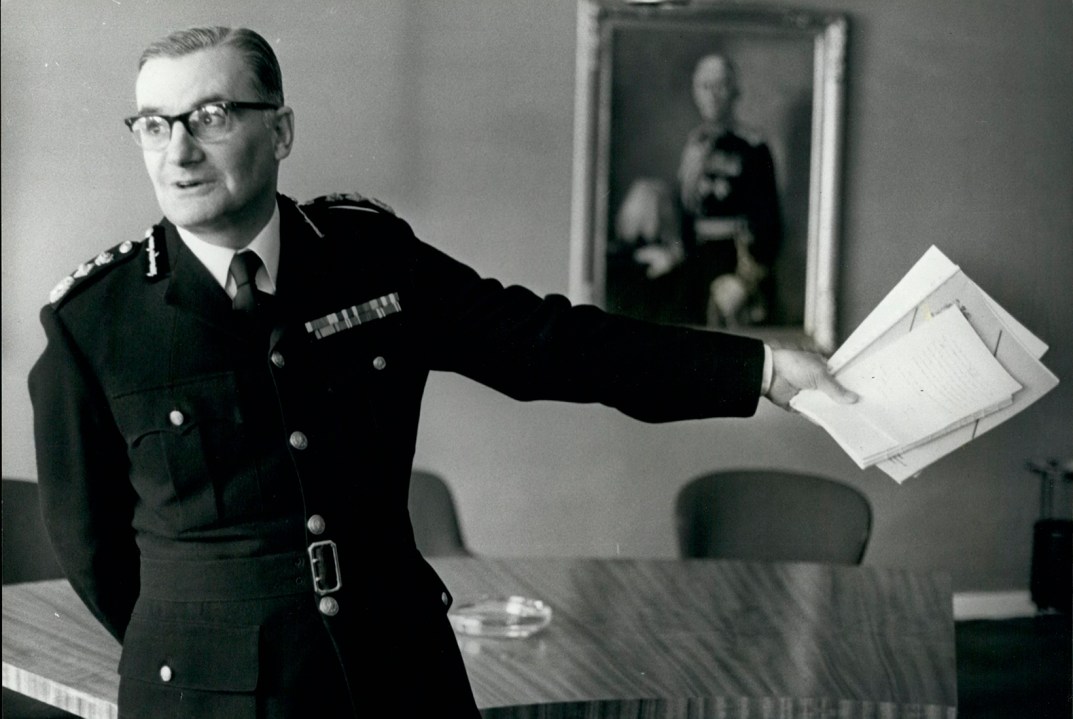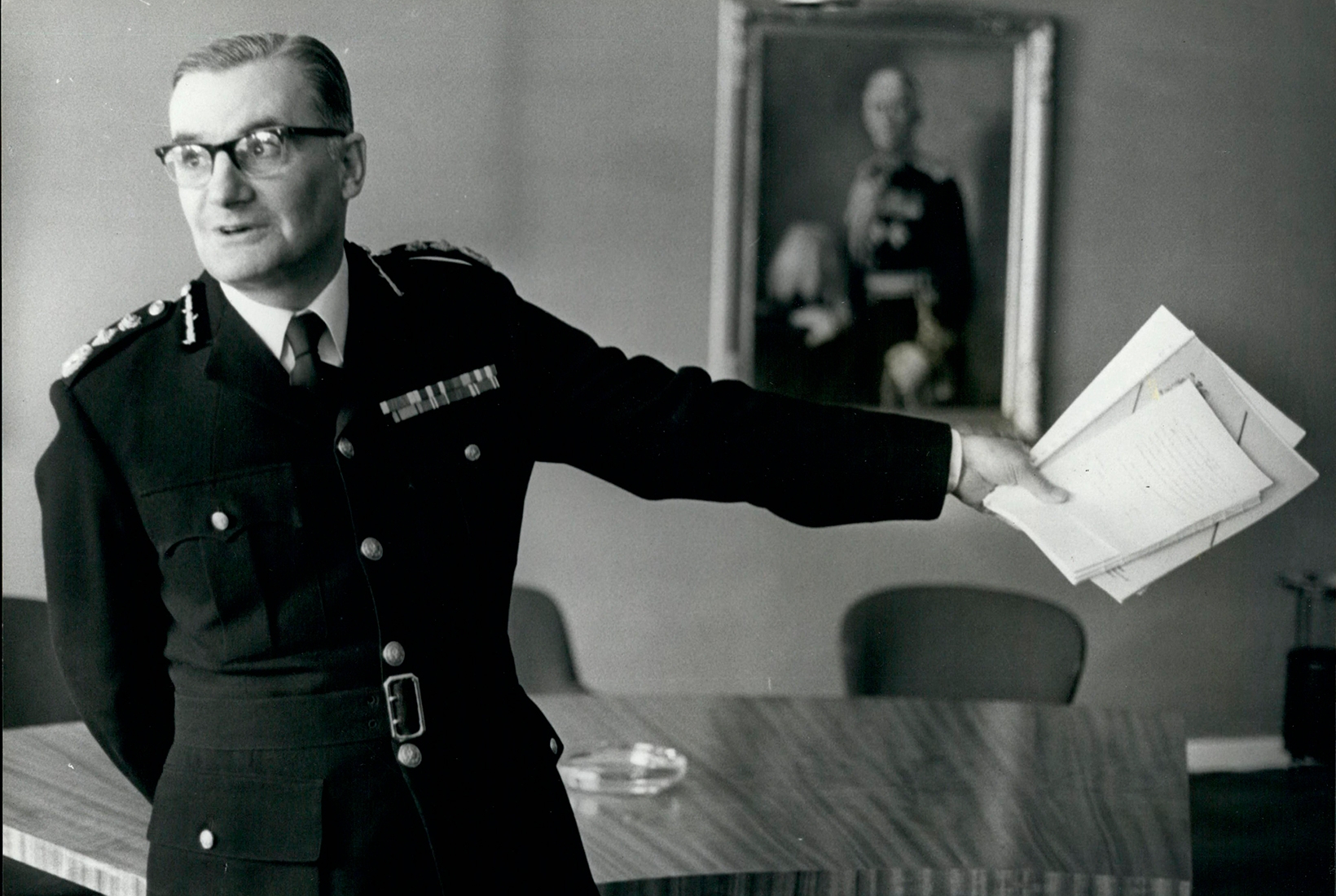If you’re after an exciting, twisty programme about police corruption that doesn’t also feel a bit like sitting an exam in Line of Duty studies, then Bent Coppers: Crossing the Line of Duty could well hit the spot. As both the timing and subtitle not so much suggest as bellow, this three-part documentary series is an obvious attempt to cash in on its fictional counterpart. Happily, though, it’s a successful one.
In Wednesday’s second episode the focus was on 1970s Soho, where the most reliable way to make a fortune was by opening what the narrator Philip Glenister called, in suitably 1970s argot, ‘dirty bookshops’. Of course, there were certain overheads involved, like rent and huge bribes to the police. But once they were sorted, the apparently fathomless human desire for pornography did the rest. Granted, the police would occasionally raid your shop for form’s sake. On the other hand, you could pick up the confiscated material a couple of days later from the local nick.
One man who followed this business model assiduously was Jimmy Humphreys, a career criminal who, in a nice period touch, was married to a stripper called Rusty. As befitted his ‘king of porn’ status, Humphreys dealt with the most senior of bent coppers. Among them was the head of the Flying Squad (aka The Sweeney), Ken Drury, whom Humphreys wined and dined several times a week — and, when that began to take its toll, supplied with slimming pills and a rowing machine. So untouchable did Drury feel that when, in 1972, he jetted off for a spot of winter sun with Humphreys, Rusty and his own wife, he signed in at their Cyprus hotel under his real name, giving his address as ‘New Scotland Yard’.
Eighteen police officers were sentenced to more than 100 years in prison between them
But in fact, various opposition forces were already closing in.








Comments
Join the debate for just £1 a month
Be part of the conversation with other Spectator readers by getting your first three months for £3.
UNLOCK ACCESS Just £1 a monthAlready a subscriber? Log in